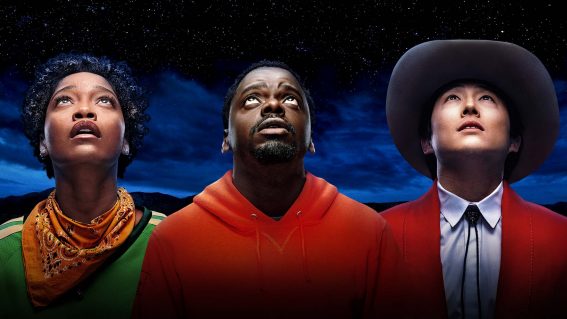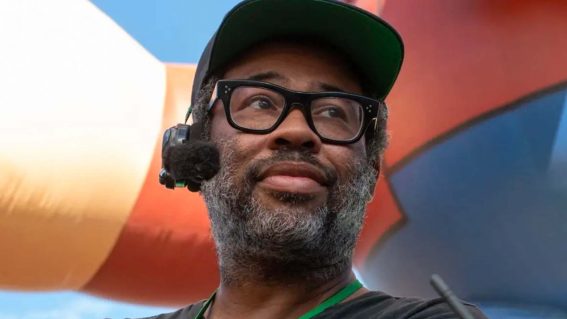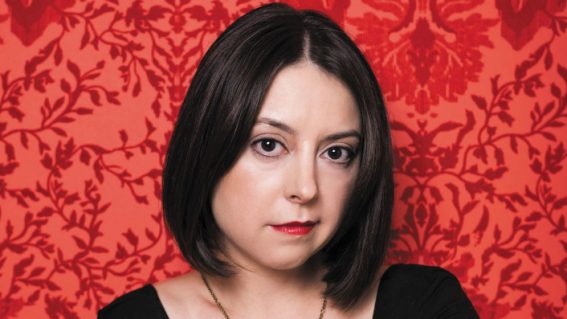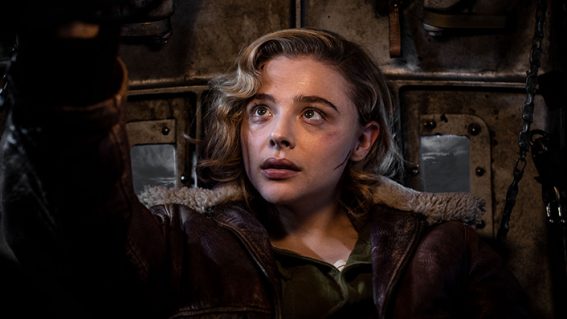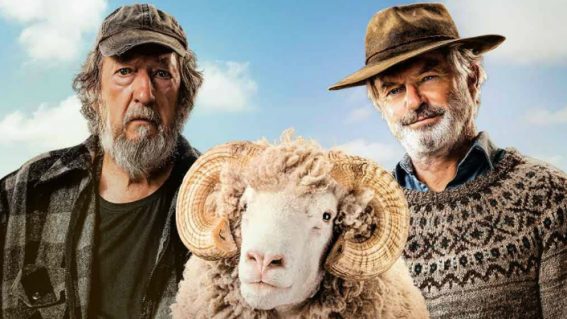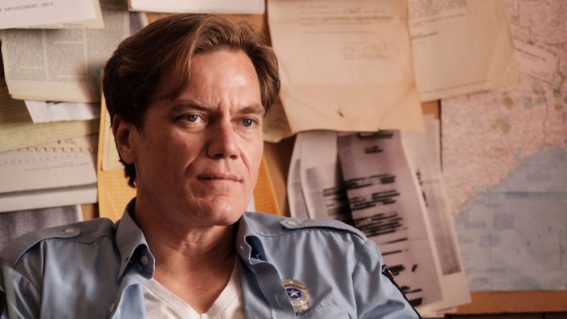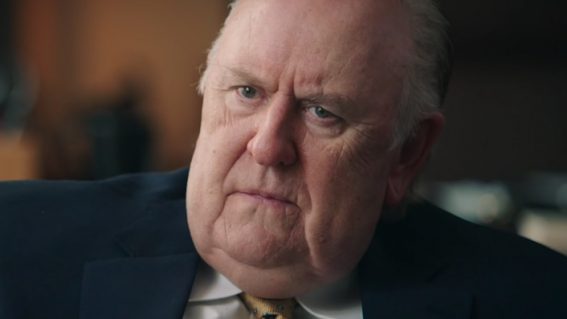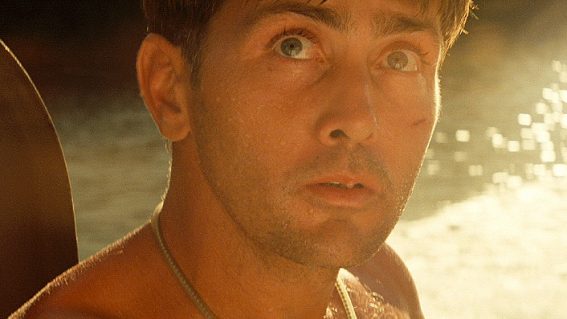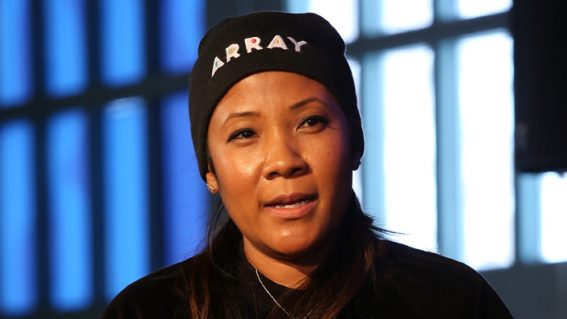Stephen King’s It director explains to Flicks “We’re living in a culture of fear”
“Fear is used as a weapon in our society by governments and corporations and media”
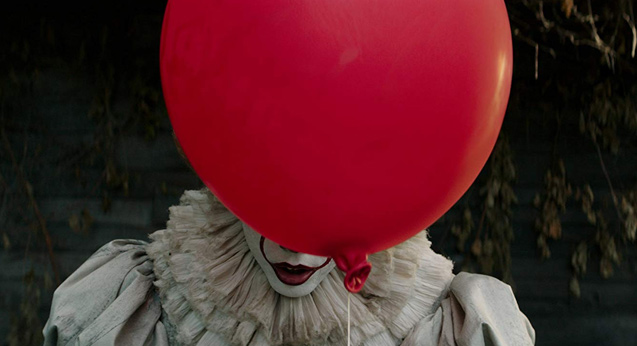
Following a seemingly cursed development cycle that involved the loss of the originally-attached director, the long-gestating adaptation of (half of) Stephen King’s iconic novel It emerged victorious as a smash hit thanks largely to its eventual director, Andy Muschietti, despite it being only his second film, following 2013’s Guillermo Del Toro-approved Mama.
Flicks sat down with the Argentian filmmaker in Los Angeles to discuss It, which is now available to stream on NEON.
FLICKS: Why do you think King’s novel endures so well?
ANDY MUSCHIETTI: His story was an analogy for how we’re living in a culture of fear, and how much the hero’s journey of The Losers would mean for people who want to stand up against fear as a weapon. Because fear is used as a weapon in our society by governments and corporations and media and everything. The journey of The Losers is an encouraging tale for people who want to confront those kinds of fears. If there’s something to take from it, it’s looking for the real version of that in the world that we live in.
The moment we saw the opportunity of making It happen, we were talking about how relevant it was, there is no graphic orchestration of that idea in the movie, but it stands as an interpretative message. People who think about this will see it as much as we saw it when reading the book. There’s something that this guy is saying here.
There are basically no good adults in ‘It’.
In the world of magic of the child, adulthood is something equal to death. It’s the death of a world basically, the death of a world of magic. The adults have an antagonist role in the story because they’re basically an extension of Pennywise. The adults are influenced by It and basically, they inflict his torturous methods to all kinds of abuse on children, like sexual abuse or neglect or forgetfulness or Munchausen by proxy.
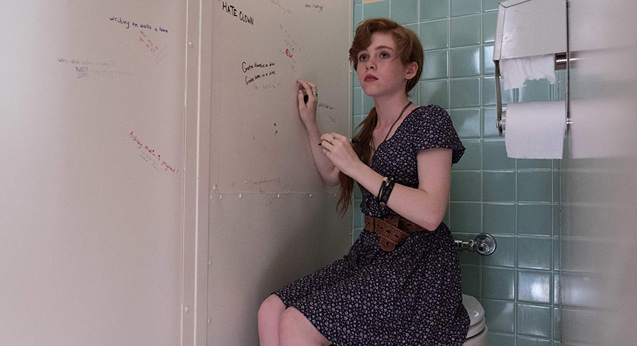
The book is set in the ’50s, but the film is set in the ’80s – did that provide an access point for you?
For me, there were two things why it was cool to set it in the 80s. I grew up in the 80s, I was a child there so it’s very easy to connect with those characters – I was that age in those years. The formative years where everything impacts you: you fall in love for the first time, you see violence for the first time. You see films that blow your mind. It doesn’t happen again.
My emotional reaction when I saw The Neverending Story for the first time is something that’ll never happen again. Or The Black Stallion. The impact that you want to recreate, and it never happens again. It’s a journey. So for me, the ’80s were very special and the movies that I saw left a big mark on me.
And I also have to say that objectively there were movies that didn’t shy away from, you know, from colourfully bringing emotions to the surface with no shame and I guess that some of that sort of lead in my style of telling stories.
E.T. Spielberg is such a big influence too. He’s a filmmaker that understands very well that you need to generate an emotional engagement from the audience. And I grew up with that, as well as like Stephen King as an influence. And he understands that very well.
What kind of guidance did you give the young cast?
I encouraged them to read the book, at first, even though it takes place in the ’50s, just to have a base of what the characters essentially were. There was some education about what the ’80s were, like these are the records we listened to, we didn’t have cellphones, we rode bicycles. There were activities that basically immersed them into that world: a bicycle camp, swimming.
A big part of that was bonding them before we started the movie. That really really worked. And also their parents grew up in the ’80s so everything they didn’t learn in pre-production, they got from their parents. These were very smart and cool parents, and they’re very connected to the children, so I guess they got a lot from all those elements.
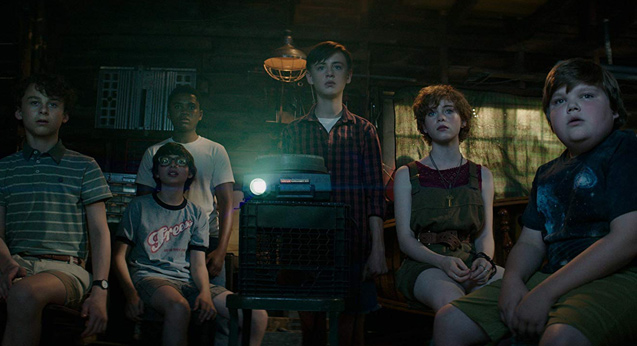
What do you love most about the works of Stephen King?
There’s a theme in his work that concerns the corruption of innocence in general. It happens in Pet Semetary, it happens in It, and in much of his work. He does it with a sense of fun also. These are tales that at the end you get excited with. He’s a fucking brilliant storyteller and we talked about the tonal dance he does.
Did he provide any guidance while making the film?
He didn’t interfere at all, he’s famous for letting the adaptation grow free as a different animal. He’s not jealous about that. He understands that the book and the re-imagination are two things that can live together without conflict. He’s the most adapted living writer in the world and he didn’t want to interfere.
He signed off on an early draft and then he let us do our job and at the end of it he went to see it and we showed the movie to him and I sent along a hand-written letter basically asking him for forgiveness for all the creative licenses we had taken. He immediately answered how much he loved the movie and that all the changes were approved and celebrated.
This objectively awesome piece of content is brought to you by NEON, where It is now available to stream.
If you’re not on NZ’s best streaming service already, click here to sign up to their TV & Movies package now.






